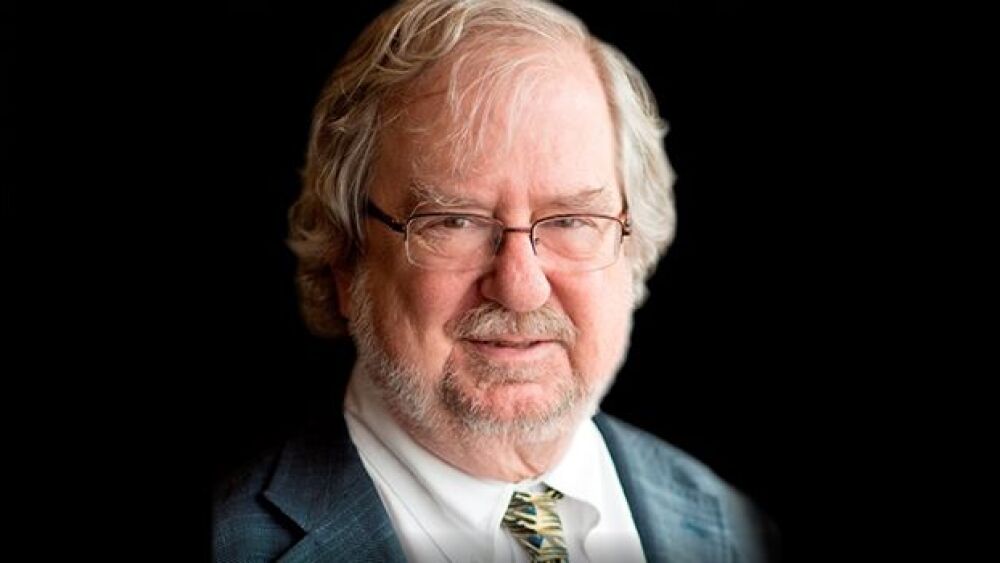James P. Allison will helm an innovation hub at The University of Texas MD Anderson Cancer Center that is focused on developing new immunotherapy breakthroughs in oncology.
James P. Allison/Courtesy University of Texas at Austin
Checkpoint inhibitor pioneer James P. Allison, who won the 2018 Nobel Prize in Medicine, will helm a new research and innovation hub at The University of Texas MD Anderson Cancer Center that is focused on developing new immunotherapy breakthroughs in oncology.
The newly-launched James P. Allison Institute aims to advance “exceptional discovery, translational and clinical research” in cancer. The institute team aims to integrate immunobiology across multiple disciplines as it seeks to improve treatment options for all patients.
Scientists at the institute will build on Allison’s work in T cell biology and ipilimumab (Bristol Myers Squibb’s Yervoy), the first immune checkpoint inhibitor. Yervoy is a monoclonal antibody that activates the immune system through the targeting of CTLA-4, a protein receptor that downregulates the immune system. It was this work that led to Allison’s Nobel Prize.
Immunotherapy has become a staple treatment for many cancer patients. However, these drugs do not benefit all patients equally. Allison said the institute’s goal is to significantly improve upon the benefit. Institute researchers will continue to dive into the science in order to find new means to stimulate the body’s own immune system to achieve a powerful anti-tumor response that could ultimately lead to a cure.
“Our vision is to lead the world in immunotherapy research by empowering interdisciplinary scientific excellence and by accelerating discoveries into novel and synergetic therapies that enable cures,” Allison said in a statement.
Allison has strong ties across the industry. He sits on several boards of directors and advisory boards, including those of InterVenn Biosciences, Hummingbird Biosciences and Candel Therapeutics.
The institute will be contained in state-of-the-art facilities currently under construction on the TMC3 life-science campus. Future laboratory space will also be available on MD Anderson’s south campus. Project-focused teams will be formed to blend scientific expertise across multiple disciplines. As progress is made or new questions are revealed, the institute teams will be reassembled to respond to the evolving scientific landscape.
The James P. Allison Institute will leverage the already significant strengths of MD Anderson, including its drug discovery capabilities and clinical expertise. Then, the institute aims to build upon those strengths through collaborations within the industry. Insights gained from these projects will undergo rigorous lab and clinic assessments.
The research team will also use big data to generate new and powerful insights into clinical trials. The insights gained from the use of data science are expected to guide simultaneous laboratory studies to answer critical questions for future trials. The goal of the planned research will be to bring forth new medications and combination treatments for cancer patients.
Peter Pisters, president of MD Anderson, called the Allison Institute an essential component of the center’s strategy to significantly impact the most number of patients. Pisters expressed confidence that the Allison Institute will have a “lasting impact on all of humanity.”
In addition to Allison, the institute will be led by Padmanee Sharma, a genitourinary medical oncology and immunology professor who will serve as the scientific director. Raghu Kalluri, a professor and chair of cancer biology, will serve as the institute’s director of operations.
“We will empower our researchers to make scientific breakthroughs that advance our understanding of immunobiology and enable exciting new therapeutic opportunities,” Sharma said in a statement. “Starting with high-impact discovery science, we will follow the evidence toward biological insights, novel treatment targets and innovative new technologies.”





